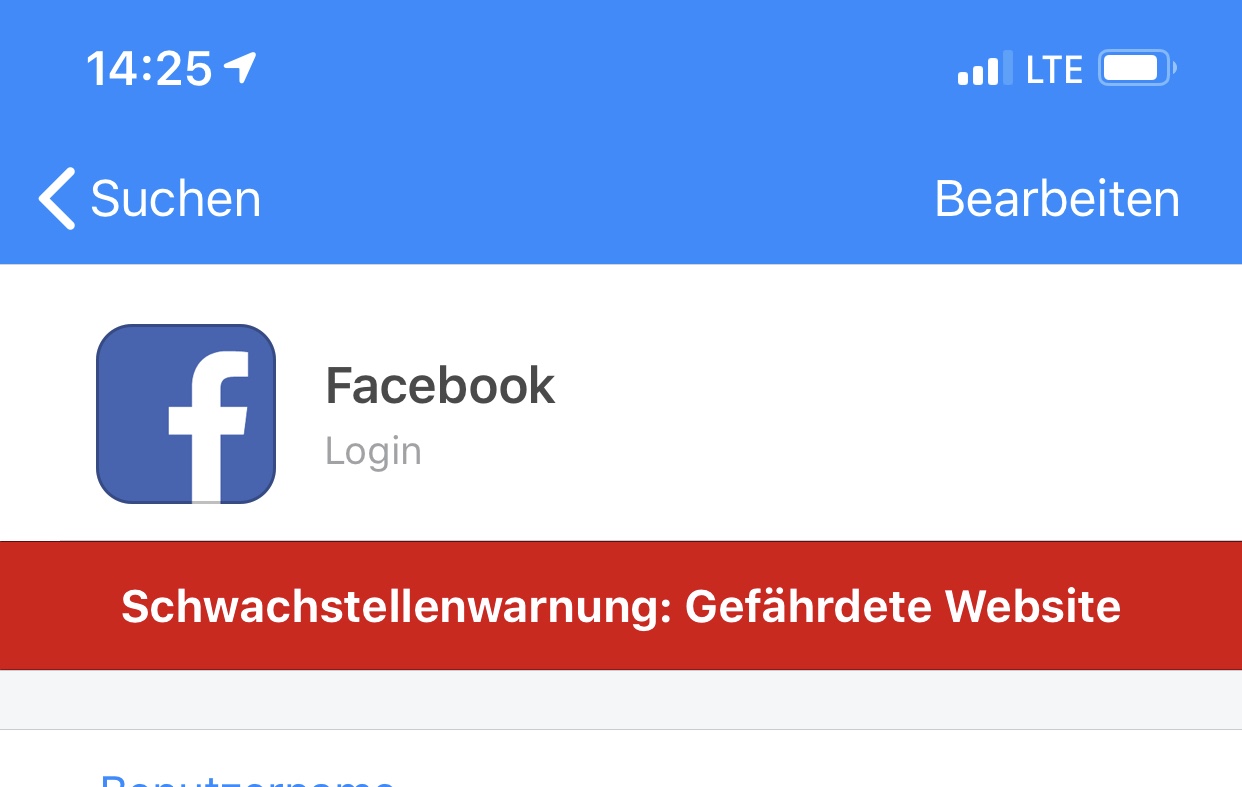Twelve Million Phones, One Dataset, Zero Privacy
is part one of One nation, tracked, an New York Times investigation series of smart phone information tracking and by Stuart A. Thompson and Charlie Warzel, within their privacy project. The research covers multiple topics, only starting out with an analysis of the potential contained in smartphone tracking information.
What we learned from the spy in your pocket.
Twelve Million Phones, One Dataset, Zero Privacy
The authors analyse a large dataset of location information from New York and Washington, DC, cell phone users. With the analysis, the article debunks myths about data privacy. The key takeaway of the analysis, to my interpretation are:

- Data is not anonymous – the authors successfully identified a Senior Defense Department official and his wife. And this was possible during the Women’s March. According to authors, nearly half a million descended on the capital for this event. (Other sources only mention one hundred thousand attendants)
- Data is not safe – the authors point out complex relationships of companies in the tracking business. Complexity makes it impossible to ensure ownership. There is no foolproof way for anyone or anywhere in the chain to prevent data from falling into the hands of a foreign security service.
- Affected persons cannot consent – the authors criticism seems reasonable. Virtually all companies involved with tracking require user consent. And even cell phones make the geo-tracking feature visible to users. Only barely anyone in the business makes purpose transparent. In other words, no company prominently announce how they package and sell data or insight.
One Nation, Tracked
The article is a creepy read, but worth the time spending. The series One Nation, Tracked continues with 6 other parts:
- discussing how to Protect Yourself
- National Security, which is for the the US in the article.
- details on How it works
- individual spying in One Neighborhood
- Protests is about how this business betrays democracy
- And offers Solutions through privacy rights.
Source: Opinion | Twelve Million Phones, One Dataset, Zero Privacy – The New York Times





